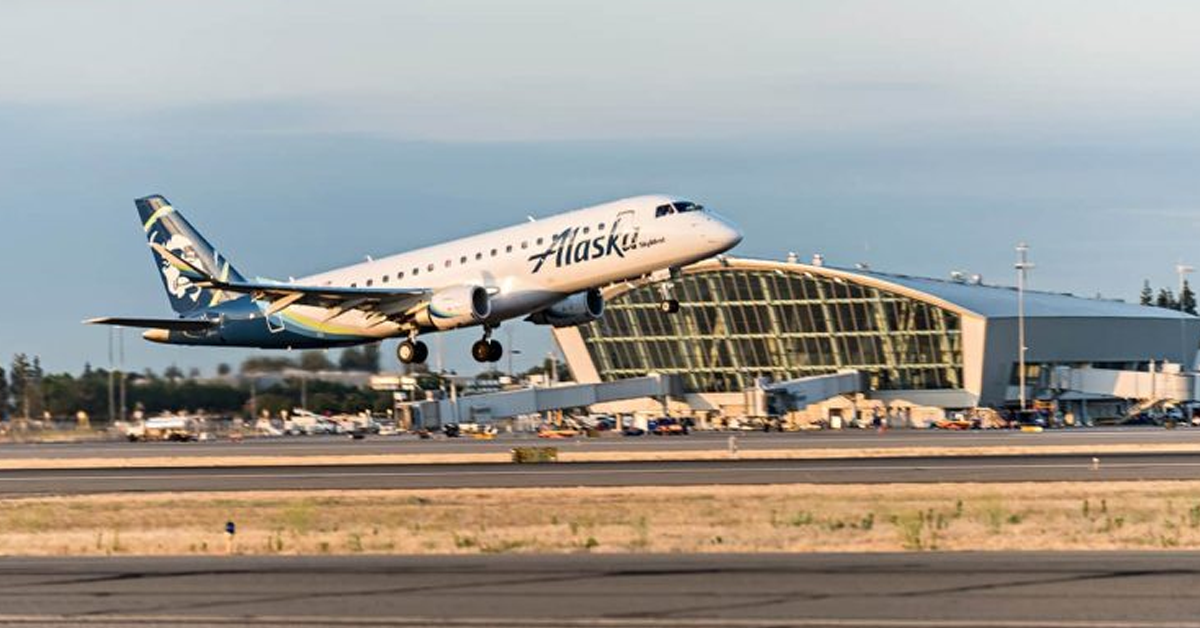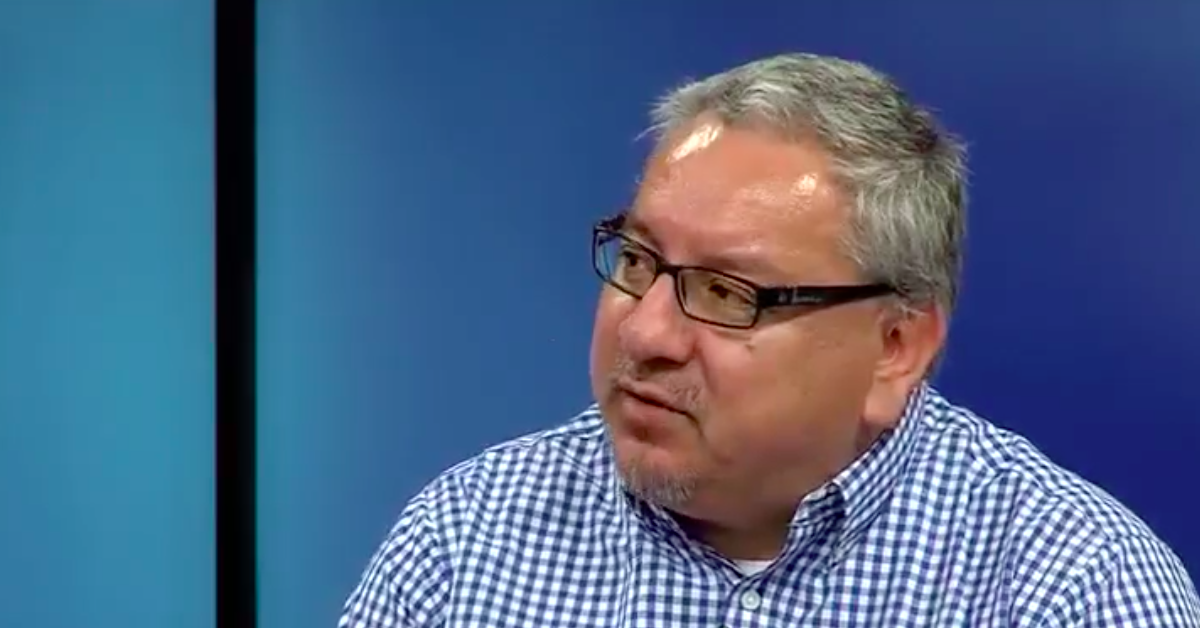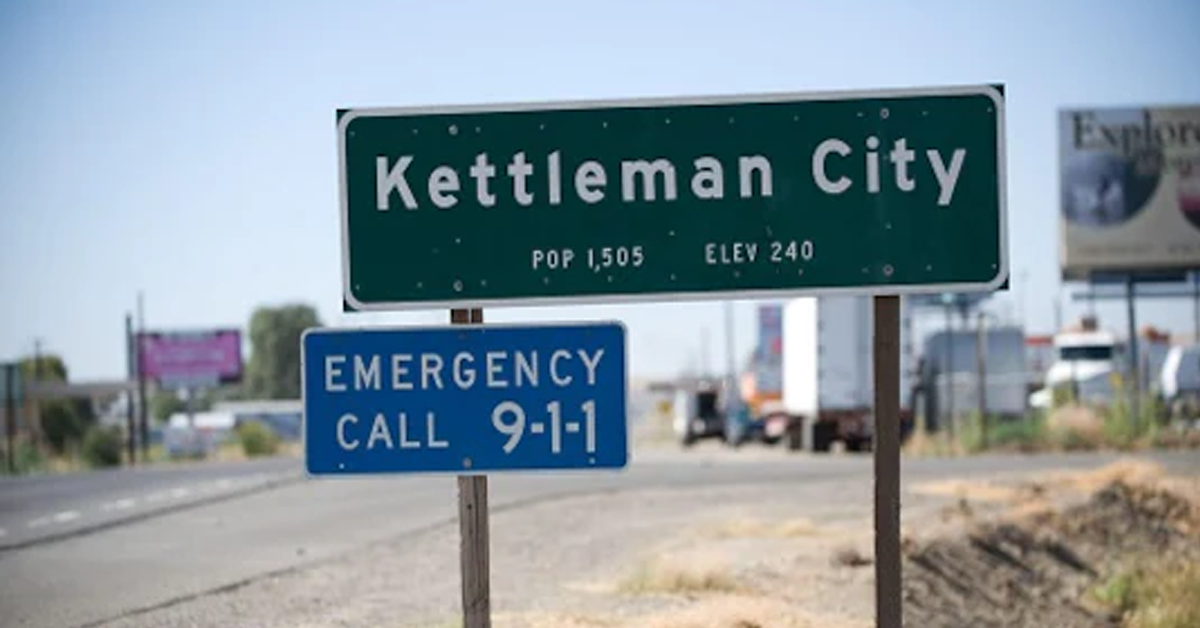California is at a critical juncture with the future of its water usage, with over 100 farmers gathering together on Wednesday to discuss the issues facing the Central Valley at the California Water Alliance’s fourth annual water forum in Fresno.
While much of the discussion was ultimately focused on the tough water year with a clouded horizon, water experts urged farmers to band together in a call to action to push for better policy to bring relief to agriculture throughout the Central Valley.
The big picture: Rep. John Duarte (R–Modesto), Asm. Esmeralda Soria (D–Fresno), Westlands Water District General Manager Allison Febbo, Friant Water Authority CEO Jason Phillips and Bowles Farming Company CEO and President Cannon Michael were the panelists at Wednesday’s discussion, which was moderated by Fresno County Farm Bureau CEO Ryan Jacobsen.
- Bureau of Reclamation California-Great Basin Regional Director Karl Stock also attended the forum.
Flashback: Last month, the Bureau of Reclamation announced that the water allocation for 2024 will be at 50 percent of contracted water for south-of-Delta contractors.
- That was a boost from the initial 15 percent that was handed down in February.
Frustrating water year: Febbo, who has been critical of the low allocation this year, did not hold back at the forum, saying 2024 has been “extraordinarily frustrating” given that Califiornia was coming off a historically wet year in 2023.
- “It was pretty average. We were seeing average snow pack, average rainfall, and expected something around – final allocation – 60, 65 percent at least,” Febbo said. “So when we got that first initial 15 percent allocation, it was shocking to us. We were really surprised. It was just kind of inconceivable.”
- Michael called the 50 percent allocation a travesty.
- “It’s essentially saying the system is fundamentally flawed and broken,” Michael said.
Convincing fellow Democrats: Soria, who is serving her first term in the Assembly, stressed the importance of convincing urban Democrats that the Central Valley’s water issues are paramount.
- “As a Democrat being in the supermajority, that when we’re talking about water and the issues of the Valley, we have to not just work across the aisle,” Soria said. “We have to convince our urban members to think about the impacts of infrastructure investment and water in the Central Valley. The Valley legislative members can’t do it alone. We’re super outnumbered, so we have work to do in terms of educating so that we can continue to see these investments.”
- Soria said the pendulum has started to swing back on a number of issues in Sacramento in response to some Democrats going increasingly further to the left over the years.
- “I’m hoping that both for our ag community and the issues that we care about, that the pendulum really comes back to the middle and really is reflective of common sense, pragmatic solutions that are really going to allow our communities to thrive here,” Soria said.
Good news on the federal level: Not all of Wednesday’s discussion painted a grim future for Central Valley farmers.
- Duarte, stressing that people need to vote, pointed to the broad National Environmental Policy Act reform that former Speaker Kevin McCarthy secured in the debt ceiling negotiations.
- Duarte also pointed to the Supreme Court’s ending of Chevron deference, which puts people on equal footing with federal agencies in a lawsuit.
- “Thankfully this is a nation where elections matter,” Duarte said. “And if you elect people who tell you they’re going to create scarcity, and turn off American oil, and shut down American mining, and prioritize very vague and unaccomplished environmental goals over human health and prosperity and housing and food and our farms, then that will carry the day.”
What we’re watching: Phillips said farmers need to quit bailing out politicians by acting like what little that gets done on the water front actually solves the entire problem.
- Michael said without action, California’s water future is going to be painful.
- “I’ve never been probably more pessimistic than I am right now,” Michael said. “I know that’s not a great place to be, but the time to get engaged is now to try to fight it. Because if not, there’s massive damage that’s going to get done to this valley, and it’s a pretty scary time.”
- Phillips said one of two things needs to happen: either farmers fallow hundreds of thousands of acres of land throughout the Valley to balance things out, or they need to get more surface water flowing into the Valley.
- “I can tell you for fact that the federal and state agencies that operate the projects – although doing a great job with helping us surviving from year to year and trying to do what they can – there’s no vision for how to make the projects better to try and meet that need,” Phillips said. “If you look at the next 20 years of how they see the system operating, the State of California just came out with – it’s going to be delivering 23 percent less water over the next 20 years with the same system.”
- While that lesser delivery is because of the plans to build the Delta Tunnel, that project alone will take decades to complete.
- “Unless there’s a political paradigm shift in the Valley – and it starts with us – this is not going to change,” Phillips said. “And what I mean by that is we rely on our water districts and our water agency representatives to protect your water and your contracts. I see it all the time, every day. If we had an entity that was unified in the Valley that would go represent the Valley and be informed by the water agencies and actually take off the kid gloves and the handcuffs, we could actually get some change. It would be a little bare knuckled, but we have to do that.”










